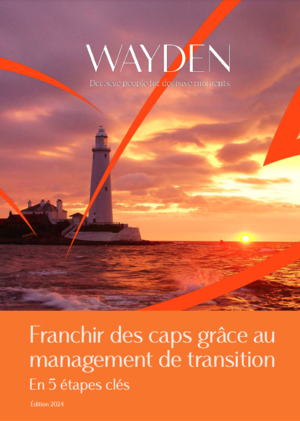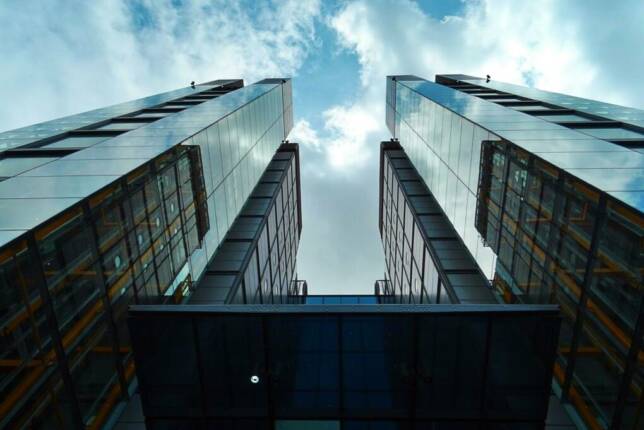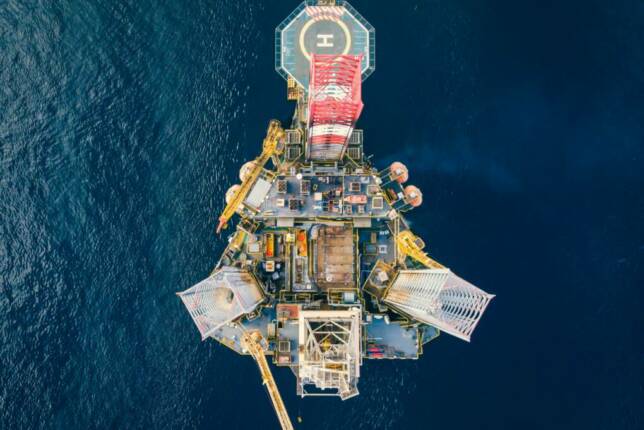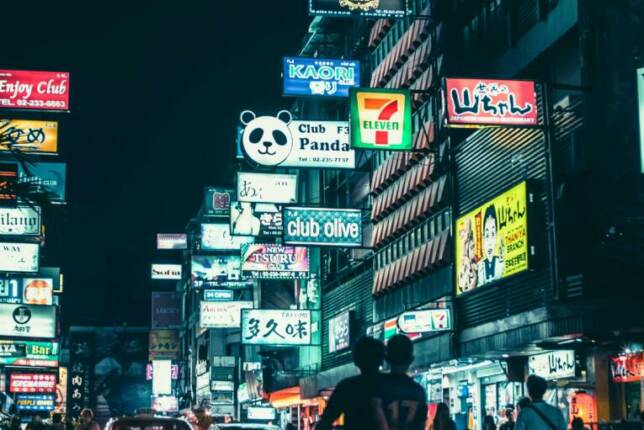In February 2021, WAYDEN was awarded the LUCIE 26000 CSR label. The ISO 26000 standard on which the LUCIE reference system is based incorporates sustainable development principles for businesses and organisations.
Designing and following a Corporate Social Responsibility (CSR) policy – one of WAYDEN’s projects – is a sustainable approach in itself. In its CSR approach, WAYDEN complies with seven themes, divided into 27 action principles. Under each of these, we make a commitment to improving our positioning and to having an increasingly favourable impact on the economy, the environment and people.
 But what does 162 tonnes of CO2e actually look like?
But what does 162 tonnes of CO2e actually look like?

Carbon footprint
In line with this approach, WAYDEN collaborates with the company, Sami, to measure its environmental impact.Sami's mission is to democratise the environmental commitment of companies and to help organisations reduce their impact. Sami helps businesses raise awareness, and supports and accompanies them to promote their commitment. Every action counts if the objectives of the Paris Agreement - limiting the negative effects of climate change – are to be reached!The first step in calculating our carbon footprint was to collect information in three main areas: data relating to our company purchases, data relating to our employees and data relating to our premises and digital consultations. The result was a real carbon footprint of 162 tonnes of CO2e, broken down as follows :
 But what does 162 tonnes of CO2e actually look like?
But what does 162 tonnes of CO2e actually look like?

Actions
For the second stage of this process, as a committed company, WAYDEN is acting on two major fronts:- Measures to further reduce our carbon emissions
- Offsetting the tonnes of CO2 we emit.
Measures to further reduce our carbon emissions:
- Reducing the carbon content of our digital purchases
- Reducing the carbon emissions of our purchases
- Reducing the carbon emissions of mealtimes
Offsetting the tonnes of CO2 we emit
- Financing a carbon reduction and/or sequestration project







